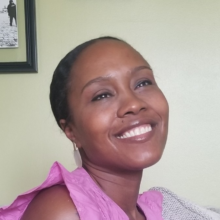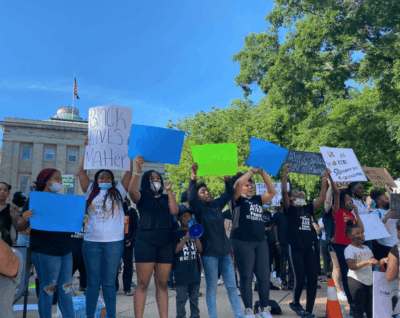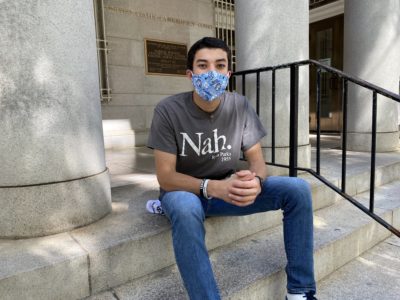
School districts across North Carolina are putting forth recommendations to parents this fall with little awareness of and sensitivity toward our realities. I could not help but see this lack of awareness in a recent video presentation on “meet the teacher” night at my daughter’s school. The slide presentation listed a series of bullets that read:
- Help your child create a quiet place to work in your home.
- Make a schedule to include synchronous meetings and asynchronous work time.
- Be a model of positivity and optimism – We can thrive this year!
Providing a quiet place for children is ideal, yet it is not a reality for many parents. The COVID-19 pandemic changed my household structure from two people to four people living in a two-bedroom townhouse.
In North Carolina and before COVID-19, many families faced a lack of affordable housing and overcrowding. When reading that bullet, I began to imagine other overcrowded homes, those filled with siblings and family members during COVID-19. A “quiet place” seems more like a fictitious fairy tale rather than a reality.
The second bullet brought forth memories of schooling from home over the past six months. My daughter and I made a schedule three weeks after the move to stay-at-home orders, and it was challenging to follow. I had meetings and job responsibilities that conflicted with her math and writing time. She is one of those children who needs a little more guidance when learning.
Mandatory synchronous meetings do not consider the challenges both children and parents will face. What about those parents who do not work from home? Who will make sure their child gets online at 8:00 am? What about parents who work from home but will have scheduling conflicts? Adhering to mandatory meetings will be far easier for parents who can stay home without interruptions from work, siblings, and other daily obligations.
The last bullet was even more challenging to process. Surely to be Black in the United States requires having some degree of optimism and positivity. Black Americans have been fighting toward the idea that all people are created equal for centuries. Yet, we have also had to deal with disruptions to our optimism and positivity.
We hear about the disproportionate number of Black bodies impacted by COVID-19 — Black Americans are almost three times more likely to die from COVID-19 related symptoms than whites. Black Americans witnessed the death of George Floyd, and we will probably continue to witness the death of folks like Floyd and Breonna Taylor through police and military brutality. How will Black parents remain optimistic when we listen to recommendations that seem insensitive to our realities?
We are surviving racism during COVID-19, and our children are surviving racism. Public school districts in North Carolina must develop a deep awareness of racism and become sensitive to parents’ and families’ realities. Crafting recommendations to only a few without considering the realities of many will only increase the opportunity gap in North Carolina.



